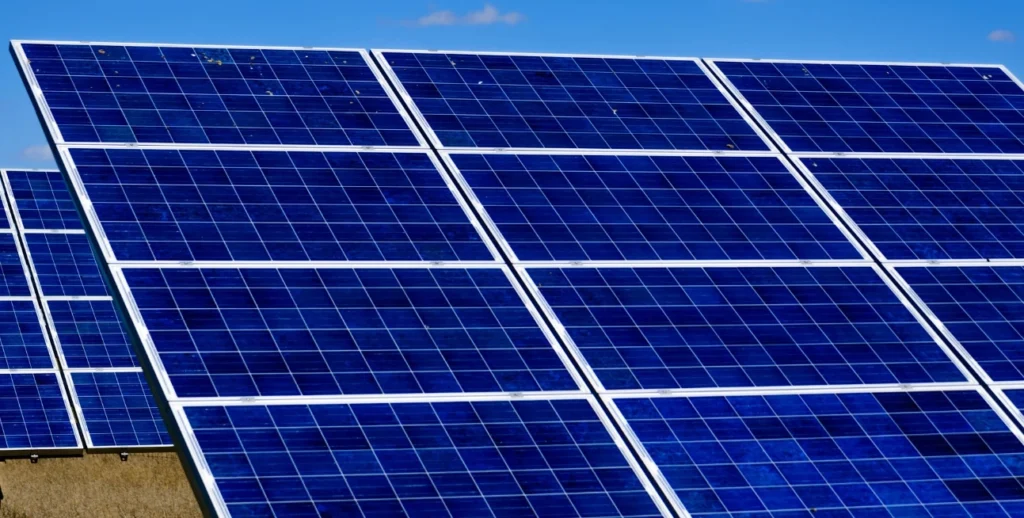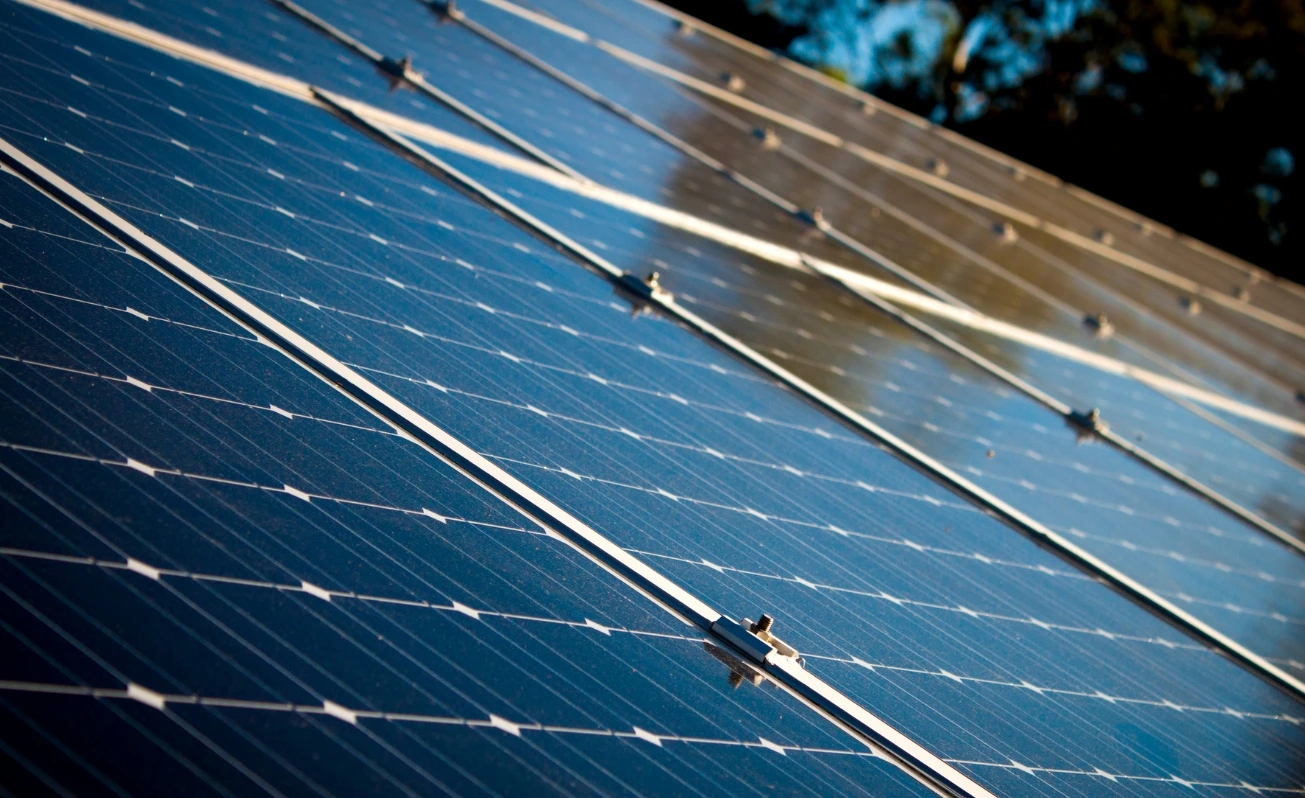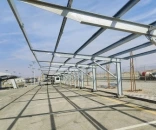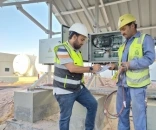How Does A Solar Power System Work?
In recent years, solar power systems have gained immense popularity in Pakistan. With its abundant sunlight, this province offers a perfect environment for harnessing solar energy.
This article aims to educate the people of Pakistan about how solar power systems work, their benefits, and why they are a wise choice for a sustainable and cost-effective energy solution.

Solar power systems utilize photovoltaic (PV) cells to convert sunlight into electricity. Here’s a step-by-step breakdown of how it all works:
- Solar Panels: Solar panels, made up of multiple interconnected PV cells, are installed on rooftops or open spaces. These panels capture sunlight during the day, even on cloudy days.
- Inverter: The DC (Direct Current) electricity generated by the solar panels is sent to an inverter. The inverter converts DC into AC (Alternating Current), which is suitable for household use.
- Inverter: The DC (Direct Current) electricity generated by the solar panels is sent to an inverter. The inverter converts DC into AC (Alternating Current), which is suitable for household use.
- Net Metering: In Punjab, net metering is available, allowing solar power system owners to receive credits for any excess electricity they generate. These credits can be used to offset electricity bills during low-sunlight periods or when the demand exceeds supply.
Benefits Of Solar Power Systems In Pakistan
- Cost Savings: Solar power systems significantly reduce electricity bills, offering long-term cost savings. With the net metering facility, users can even earn money by selling excess electricity to the grid.
- Environmentally Friendly: Solar energy is clean and renewable, making it a sustainable alternative to fossil fuels. By harnessing solar power, we can contribute to reducing carbon emissions and mitigating climate change.
- Energy Independence: Solar power allows individuals and businesses to become self-reliant in terms of electricity generation. This independence from the grid ensures a constant power supply, even during power outages or load shedding.
- Long-Term Investment: Installing a solar power system is an investment that pays off over time. With minimal maintenance requirements and a lifespan of 25 years or more, the initial investment quickly becomes cost-effective.
Choosing The Right Solar Power System
- Assessment: Before installing a solar power system, it’s essential to assess your energy needs, available space, and budget. Consulting with experts will help determine the appropriate system size and configuration.
- Quality Components: Opt for high-quality solar panels and inverters to ensure maximum efficiency and durability. Investing in reputable brands may have a higher upfront cost but guarantees better performance in the long run.
- Installation and Maintenance: It’s crucial to hire experienced professionals for proper installation to ensure optimum functionality. Additionally, regular maintenance and cleaning of panels are necessary to maintain peak performance.

Conclusion: Solar power systems offer numerous benefits for the people of Pakistan. By harnessing the abundant sunlight, individuals and businesses can reduce electricity costs, contribute to a cleaner environment, and achieve energy independence. Investing in a high-quality solar power system and following proper installation and maintenance practices will ensure the best results. Embrace solar energy today and pave the way for a brighter and more sustainable future in Pakistan.











